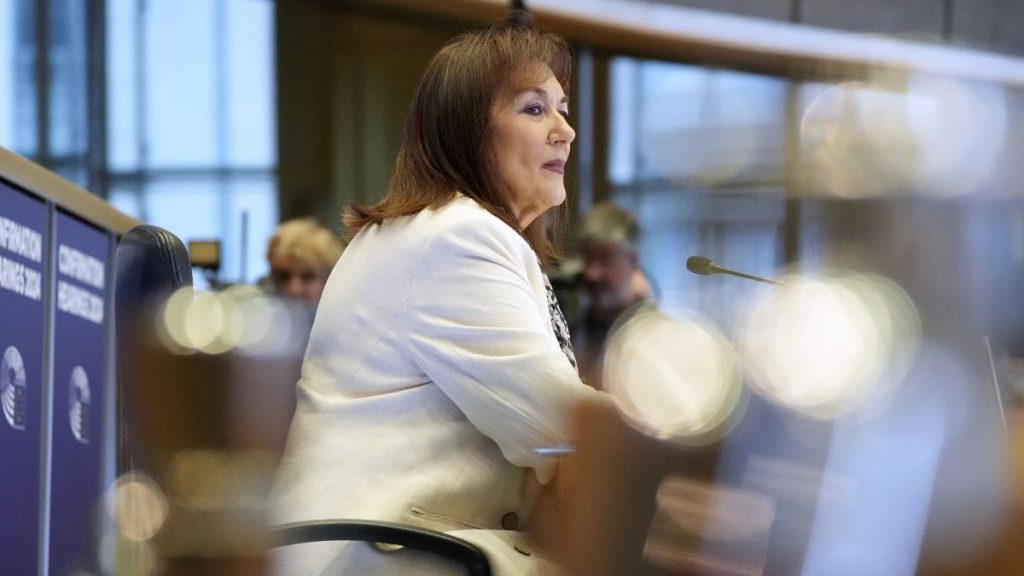The European Union is placing a significant emphasis on its Mediterranean portfolio in order to emphasize the geopolitical importance of its neighboring region. The incoming Commissioner for the Mediterranean, Dubravka Šuica, plans to focus on signing Strategic and Comprehensive partnerships with countries in the Middle East, Africa, and Gulf regions. Negotiations have already begun with Jordan and Morocco, with deals already in place with Egypt and Tunisia. These agreements aim to stem irregular migrant arrivals and boost trade ties, despite concerns regarding human rights and democratic backsliding in some of these countries.
The deals with Egypt and Tunisia, worth €7.4 billion and €1 billion respectively, have faced criticism for not undergoing a human rights impact assessment before being finalized. Šuica defended the decision, citing the urgency of the situations in those countries at the time. While assessments on the implementation of these deals have been conducted, the results are not publicly available. Despite acknowledging the need for improvement, Šuica highlighted the positive outcomes, such as a significant decrease in migrant arrivals from Tunisia. She committed to conducting human rights impact assessments prior to future deals and ensuring robust monitoring to safeguard against misuse of European taxpayers’ money.
In addition to addressing migration issues, the Mediterranean portfolio aims to strengthen the EU’s relationships with countries in the Mediterranean, Middle East, and Africa by fostering deeper energy and industry ties. Šuica emphasized the need for safe and legal pathways, voluntary returns, and efforts to combat migrant smuggling and enhance border management. While these agreements are not solely focused on migration, they are intended to position the EU as a reliable partner for these countries. Furthermore, Šuica reiterated her support for a two-state solution in the Middle East and expressed the EU’s desire to have more political influence in the region rather than just being a financial donor.
Šuica highlighted the importance of engaging with countries in the Mediterranean region and beyond, emphasizing the need for the EU to be an active player rather than just a financial contributor. She acknowledged the lessons learned from previous agreements and committed to incorporating human rights protections into future negotiations. By ensuring that all agreements include measures to protect human rights and conducting robust monitoring, Šuica aims to prevent European taxpayers’ money from falling into the wrong hands. She also stressed the significance of respecting human rights and seeking input from the European Parliament before entering into any agreements.
Overall, the EU’s Mediterranean portfolio under the leadership of Dubravka Šuica aims to strengthen ties with countries in the region, address migration challenges, and promote human rights safeguards. While facing criticism for previous deals, Šuica remains committed to learning from past experiences and improving future agreements. By prioritizing human rights assessments, robust monitoring, and engagement with stakeholders, Šuica aims to ensure that the EU is a reliable partner with political influence in the Mediterranean, Middle East, and Africa.













